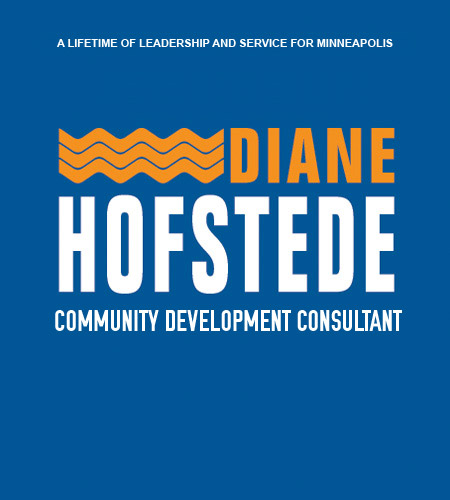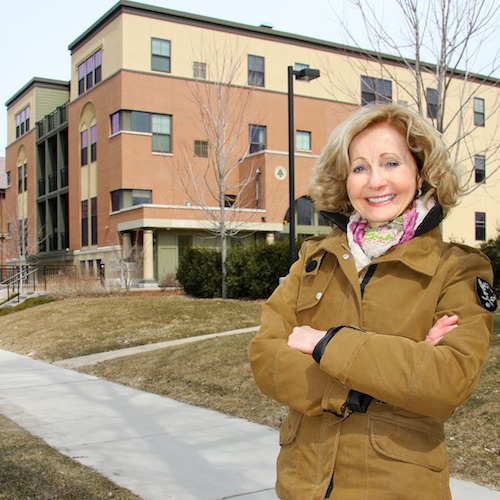Our Energy Future

Energy is a critical issue. In the next year and a half, those of us serving on the City Council will have a major impact on Minneapolis' energy future as the franchise agreements for both Xcel and CenterPoint Energy expire in 2014.
The City is in the early stages of negotiations of new franchise agreements (learn more about the franchise agreements). In October 2012, we formed a Utility Franchise Working Group with other Council members, City staff and the Mayor's office.
State Limits on Franchise Negotiations
There is a lot of discussion in the community right now regarding these franchise agreements. Residents need to understand that the City of Minneapolis is currently limited by state law and PUC rules regarding what we can and cannot include in our negotiations. We have approached state lawmakers to ask for changes to state law and PUC rules to allow us to negotiate more broadly with Xcel and CenterPoint. We want to see progress toward City goals for sustainable energy, improved air quality, equity and green jobs.
It's refreshing to see progress on energy goals at the state level after 8 difficult years during which very little was accomplished. Several bills were introduced at the state level this session in support of more sustainable energy production. As part of our overall legislative agenda, the City Council has either sponsored those or we partnered with the state. Meanwhile we continue to advocate for improvements in this regard.
City of Minneapolis Energy Goals
Energy efficiency is an important part of the City agenda, as is renewable energy. We adopted goals of reducing citywide greenhouse gas emissions 15% by 2015 and 30% by 2025 (using 2006 baseline). We adopted targets for increased renewable energy on city-owned facilities and throughout the community. I strongly support these goals.
One of the ways we can achieve greater energy efficiency as a city is by adopting Leadership in Energy and Environmental Design (LEED) standards for publicly funded projects, and by encouraging all developments in the City to reach toward Gold LEED certification, initiatives I strongly promote.
In April, we approved a pathway study to identify cleaner, more sustainable energy options. We allocated $250,000 to create a comprehensive “energy vision” and to conduct a review of options, including utility partnerships, how franchise fees can be used and possible municipalization. Learn more about City action on energy options.
It’s too soon to say what will happen at the legislature to help impact our franchise negotiations. However I believe Minneapolis can become a model for a sustainable future. We can use this time of contract negotiations to engage our energy providers in discussions about how to reduce energy dependence, how to increase energy efficiency, and how to increase sustainable energy options. There is great potential here and we need to take advantage of this opportunity.
Together we can take great strides, through exploring these various initiatives both at the legislature and here in our city government, to determine the proper course to increase sustainable energy options, adopt LEED standards for publicly funded projects, and achieve energy efficiency for the residents of Minneapolis. I have been and will continue to be a leader on these issues.





